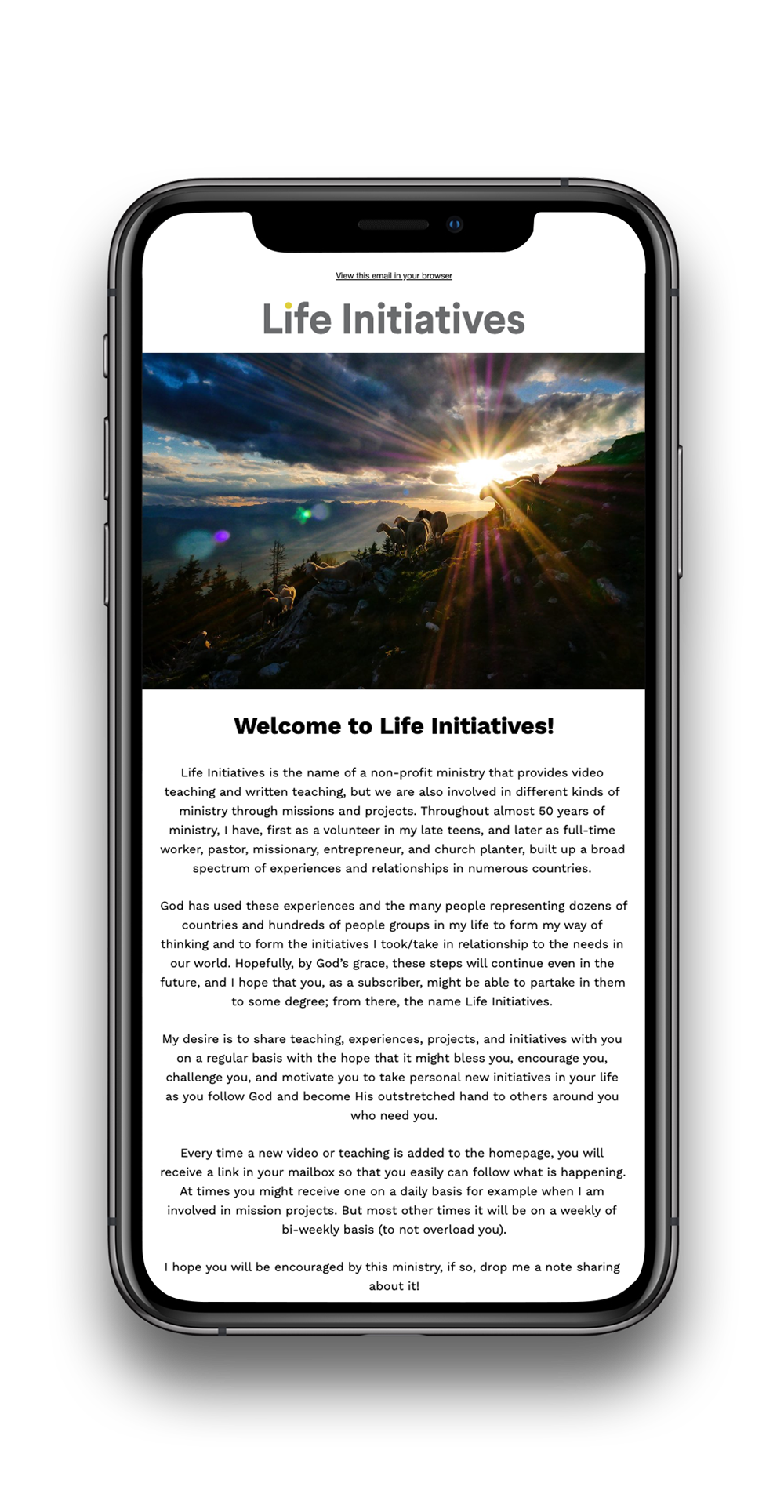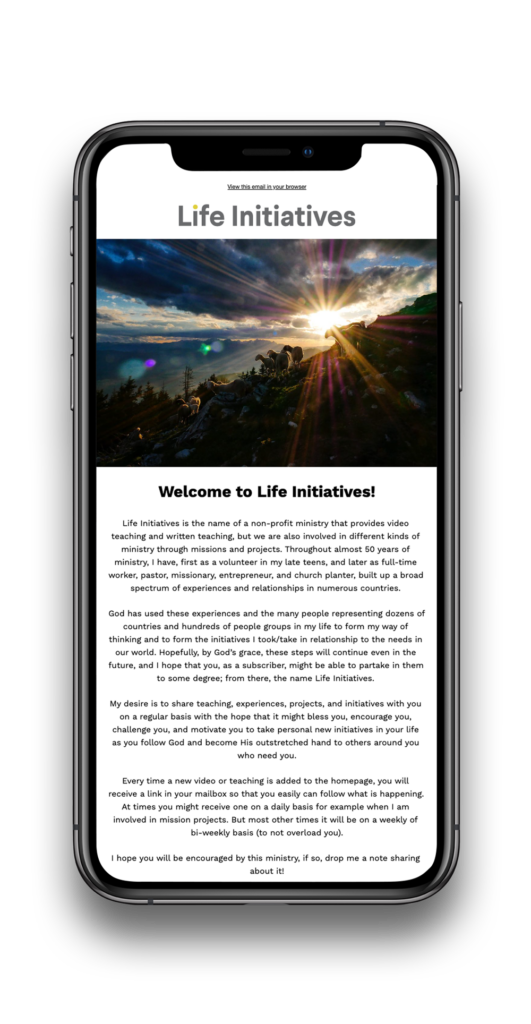1 Corinthians 9:25 “Everyone who competes in the games goes into strict training. They do it to get a crown that will not last, but we do it to get a crown that will last forever.”
Observation: The manner in which we run
Paul goes on to speak of the manner in which we are to run when he says, 1 Corinthians 9:25 Everyone who competes in the games goes into strict training. They do it to get a crown that will not last, but we do it to get a crown that will last forever.
In the Isthmian games, the “crown” was a laurel of green leaves or branches that were worn on the head of the winning athlete. It was often set on a pillar that was in plain view of the athletes—sometimes even placed at the end of the racetrack—so the athletes could keep the prize in sight as they ran. And of course, it wasn’t for the laurel that the runner ran, it one way it was worthless. They ran for the honor that it represented.
But the winner of the race could only enjoy that laurel for a short while before it began to wither. Paul spoke of it as a “crown that will not last”; and indeed, it was very perishable! Even the honor that it represented would eventually fade away.
Nevertheless, athletes would give everything they had to train for the race; so that they would obtain that perishable crown—and the honor that went along with it. They would go in strict training in all areas of life. They would practice self-control. They would abstain from anything that might slow them down in the race. They would go into months—even years—of strict, disciplined training. They would carefully control themselves in terms of what they would eat. They would deny themselves the pleasures and comforts that other people freely enjoy.
These great athletes went through all this effort and suffering, and training, and sacrifice—all in order to obtain a perishable crown. But Paul spoke of the crown we will receive from Christ that is “imperishable” one that will last. Unlike even the greatest crown given at the Isthmian Games—this one will be eternal.
Paul wanted to please his Master; and hear Him say, “Well done!” But do you know what else excited and motivated the apostle, Paul? It was the thought that the people he loved and could influence for Christ would themselves one day stand before God and join in that same destiny too. For Paul, seeing his brothers and sisters in heavenly glory before the Lord Jesus—hearing Him say to all of them “Well done!” – was the “crown” that most excited him.
And that’s what drove him to run the race in the manner that he did. That prospect was what led him to be “in strict training”— and to be willing to set aside his so-called freedom and rights, if it would advance the cause of Christ in others that also were called into this race.
Application: Paul clearly states that he is only interested in the applause of One in his life. How much does the applause of people matter to you in the decisions that you make on a daily basis. The pleasing of people versus the applause of one?
Prayer
Sign up for life-changing insights, directly to your inbox.

© 2023 All Rights Reserved, Life Initiatives

Sign up for life-changing insights, directly to your inbox.